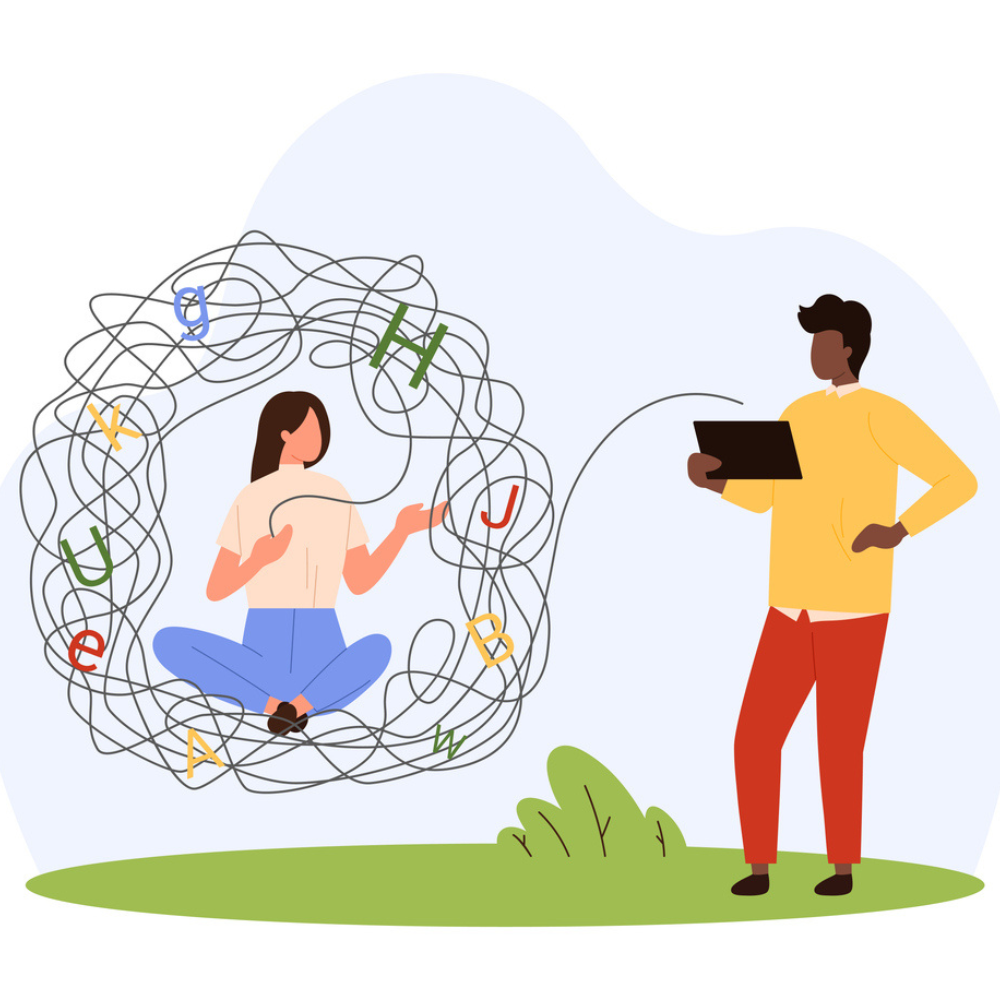W
hen someone from your past, such as an ex-partner, unexpectedly reappears in your life after a period of silence or absence, it’s called paperclipping. The term is derived from the concept of a paperclip, which can be used to hold things together or keep them organized. Similar to the way a paperclip unexpectedly shows up when you least expect it, a person may suddenly resurface in your life, often through a text message, social media interaction, or other means of communication. When you get that “Hey Stranger” text in the middle of the night, know that the possibility of this being a paperclipping situation is high. Usually, they disappear just as they reappeared.
This reconnection may be surprising, especially if there was no prior indication that the person was interested in rekindling the relationship or maintaining contact. The motivations behind paperclipping can vary. Sometimes, the person reaching out may want to reconnect or reconcile with you. In other cases, it may be driven by curiosity, loneliness, or the desire for attention/validation. However, some individuals may engage in paperclipping as a way to keep their options open, maintain a sense of control, or alleviate boredom without any intention of pursuing a meaningful relationship.
Dealing with paperclipping can be challenging, especially if you’re unsure about the other person’s motives or feelings. It’s essential to assess whether reconnecting with this person aligns with your own emotional well-being and relationship goals. Setting boundaries, communicating openly, and trusting your instincts can help you navigate these unexpected encounters in a way that feels comfortable and empowering for you.
Why the paperclipping dating trend may be a bad idea
Receiving unexpected messages from your ex can trigger feelings of confusion and emotional turmoil. It may reopen old wounds or unresolved feelings, leading to heightened emotional distress. If you’ve previously ended a relationship and are in the process of moving on, paperclipping can disrupt your healing process. It may hinder your ability to fully let go of the past and move forward with your life.
In addition, paperclipping can give false hope to individuals hoping to reconcile or have closure with their past partners. The sudden reappearance of the person may lead them to believe there’s still a chance for the relationship, only to realize later that it was just a temporary or phony gesture. Experiencing paperclipping in dating can erode trust in future relationships and make individuals more skeptical of others’ intentions. It may lead to heightened vigilance and wariness in future interactions, making it challenging to fully trust and invest in new relationships.
Receiving a paperclip message may also trigger feelings of self-doubt, insecurity, and inadequacy. Individuals may question why the person reached out, whether they did something wrong, or if they were not good enough to maintain the relationship. In some cases, paperclipping may be a form of emotional manipulation used by the person reaching out to maintain control or exert power over the other person. It can leave the recipient feeling manipulated or used for emotional gratification, without any genuine intention of rekindling the relationship.
Handling the negative aspects of paperclipping in dating requires self-awareness, emotional resilience, and healthy coping strategies. It’s essential to prioritize self-care, set boundaries, and seek support if needed to process and cope with the emotions triggered by unexpected reconnections.
Benefits of this dating trend

Getting a message from an ex can provide closure for unresolved feelings or unanswered questions about the relationship. It may offer an opportunity to gain clarity and understanding, helping you move on more effectively. In some cases, paperclipping can lead to rekindling connections with people who were once important in your life. It may give you the chance to reconnect with old friends or acquaintances and potentially revive positive relationships.
Paperclipping in dating can also prompt self-reflection and personal growth by encouraging you to revisit past experiences and assess how much you’ve changed or evolved since then. It may offer insights into patterns of behavior or relationship dynamics that can help you make healthier choices in the future. Dealing with paperclipping can provide an opportunity to practice asserting boundaries and communicating your needs clearly. It allows you to decide whether or not you want to engage with the person who reached out and establish boundaries for future interactions.
Managing unexpected reconnections can help build emotional resilience and coping skills. It teaches you to navigate unexpected challenges and setbacks in the dating world with grace and resilience. Where the past relationship ended abruptly or on unclear terms, paperclipping can offer the chance for closure and resolution. It allows you to address any lingering feelings or unresolved issues, leading to a greater sense of emotional closure and peace of mind.
While the benefits of paperclipping may not always outweigh the challenges, approaching unexpected reconnections with an open mind and willingness to learn can turn them into valuable learning experiences and opportunities for growth.
Featured image: Iconic Prototype/iStock
For the latest in fashion, lifestyle, and culture, follow us on Instagram @StyleRave_
All rights reserved. This material, and other digital content on this website, may not be reproduced, published, broadcasted, cached, rewritten, or redistributed in whole or in part without prior express written permission from STYLE RAVE. Use of and/or registration on any portion of this site constitutes acceptance of our Terms & Conditions and Privacy Policy.
—Read also






































































